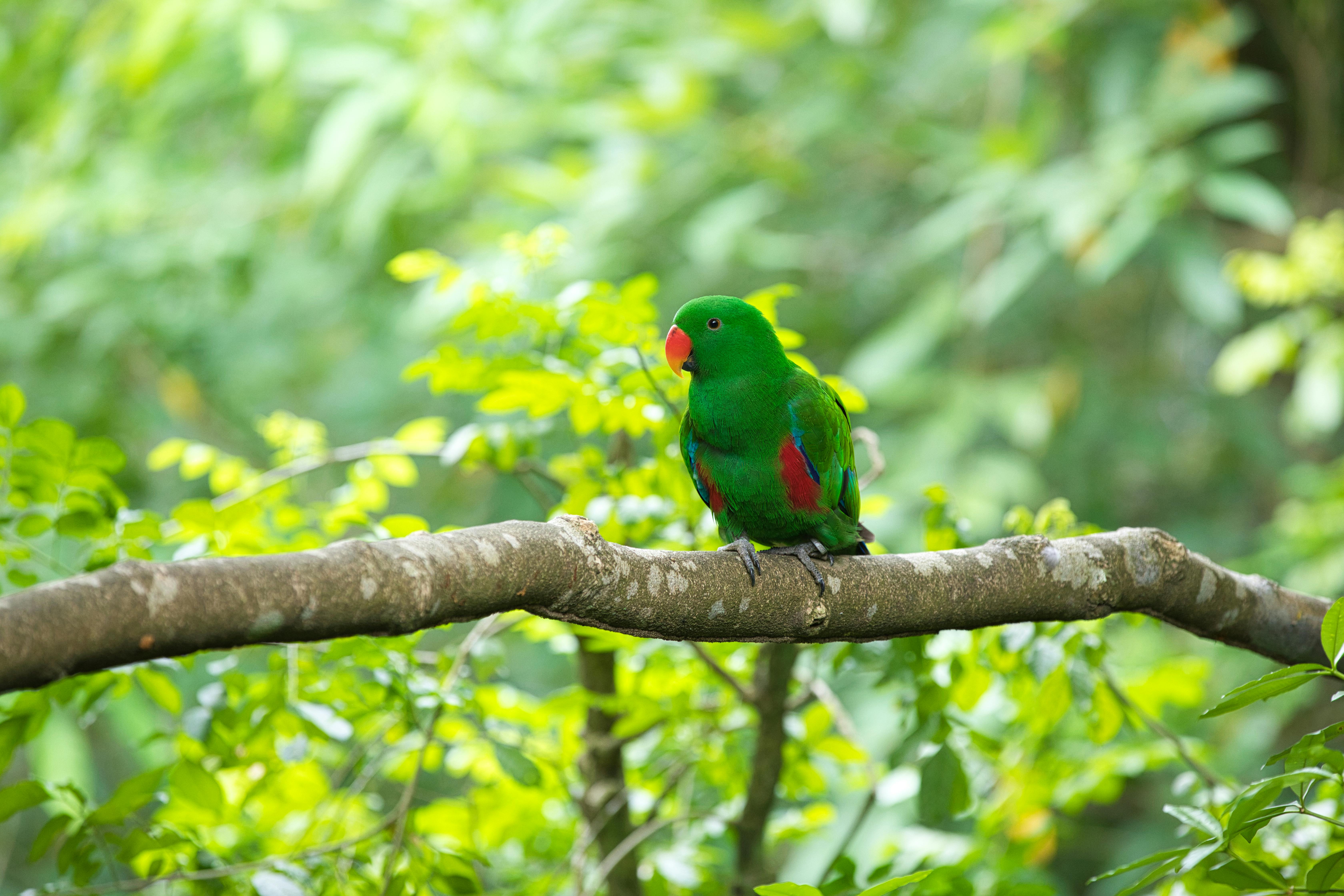
Introduction to Fish Omnivores: A Fascinating Exploration
As aquatic ecosystems thrive with a myriad of species, fish omnivores stand out due to their diverse dietary preferences. These adaptable creatures consume both animal and plant matter, offering a unique glimpse into the dynamic interplay of life within our waters. Understanding fish omnivores is essential for aquarium enthusiasts and educational purposes, as it highlights the significance of various fish diets that ensure stability in the aquatic food chain.
The benefits of keeping fish as pets extend beyond simple companionship; they contribute to improved mental well-being and can be a catalyst for educational opportunities about biodiversity. In this article, we will delve into the best five fish omnivores to explore in 2025, dissecting their feeding habits, habitats, and their roles in both freshwater and marine environments. Whether you are a seasoned aquarist or a budding fish enthusiast, you'll gain insights into their care and the broader implications of their active roles in aquatic ecosystems.
We will also cover interesting aspects such as dietary needs of fish, optimal feeding techniques, and how to maintain a balanced diet for your aquatic friends. So, let’s dive right in and explore the intriguing world of fish omnivores!
Essential Guide to Understanding Fish Omnivores
Building on the introduction to fish omnivores, it's crucial to understand their defining characteristics within fish biology. Omnivorous fish are often versatile in their feeding, allowing them to thrive in various aquatic habitats. These fish can often adapt to both freshwater and saltwater environments, showcasing their flexibility and resilience.
Key Features of Omnivorous Fish
Omnivorous fish possess unique biological traits that facilitate their diversified diet. Their anatomical structures, including the mouth morphology, digestive tract curvature, and enzyme production, play essential roles in processing both plant and animal matter. This versatility not only influences their nutritional intake but also impacts their behavior and interaction within their habitat.
The Role of Fish Omnivores in the Aquatic Ecosystem
In terms of ecological significance, fish omnivores contribute actively to nutrient cycling. By consuming various food types, they help maintain the balance of aquatic ecosystems. They act as scavengers, consuming leftover materials and organic debris, which supports the health of their environment. This characteristic positions them as vital players in sustaining biodiversity and ensuring a balanced aquatic food web.
Exploring the Diversity Among Omnivorous Fish Species
A wide range of species fits into the omnivorous category. From widely recognized species like the popular Betta fish to lesser-known types like the Rainbowfish, the diversity is impressive. Each species exhibits different dietary preferences, which can range from a balanced mix of commercial fish food types to natural forage in their environment.
Freshwater vs Saltwater Omnivorous Fish
When examining fish omnivores, it’s essential to acknowledge the differences in their diets based on habitat. Freshwater omnivorous species often rely more on vegetation, including algae and plants, whereas their saltwater counterparts may consume more zooplankton or smaller fish. Such distinctions underline the importance of understanding their feeding behaviors and dietary needs for optimal care.
Comparing Omnivorous Fish Feeding Habits
Just as human diets vary widely, so do the feeding habits of omnivorous fish. It is crucial to understand factors like feeding schedules, types of fish food, and harmful foods that could potentially endanger their health. Feeding fish properly can significantly enhance their growth, vitality, and longevity.
Complete Overview of the Top 5 Fish Omnivores to Explore
With foundational knowledge established, let's delve into the specifics of the best five fish omnivores for 2025. Each of these species brings unique characteristics and advantages that make them appealing for both novice and experienced aquarists.
1. Betta Fish (Betta splendens)
Renowned for their vibrant colors and aggressive nature, Betta fish are a favorite among aquarium keepers. As omnivores, they primarily thrive on high-quality pellets, supplemented with occasional live or frozen foods, which provide the essential nutrients they require. Their unique social behaviors and adaptability make them fascinating to observe.
2. Swordtail Fish (Xiphophorus helleri)
Swordtail fish are popular in freshwater aquariums due to their striking appearance and peaceful nature. Known to consume both plant matter and small aquatic invertebrates, these fish help control algae growth while providing an exciting dynamic to community tanks. Their reproductive behavior also offers interesting insights into fish biology.
3. Guppy Fish (Poecilia reticulata)
An iconic choice for beginning aquarists, Guppies are small, colorful fish known for their ease of care. They are voracious feeders, consuming flakes, pellets, and even algae. Their dietary flexibility allows them to thrive in various conditions, making them an excellent species for any aquarium setup.
4. Rainbowfish (Melanotaenia spp.)
Rainbowfish are celebrated for their stunning iridescent colors and peaceful disposition. They thrive in schools and enjoy a diet consisting of both plant and protein matter. Feeding these fish a mix of high-quality flakes and occasional live foods ensures they receive the key fish nutrients necessary for their health and vibrancy.
5. Platies (Xiphophorus maculatus)
Platies are another excellent choice for those interested in freshwater fish. These adaptable omnivores enjoy a varied diet that includes pellets, frozen food, and even vegetables. Their hardy nature and sociable behavior make them suitable for community tanks, promoting interactions between various fish species.
Optimal Care and Feeding Strategies for Omnivorous Fish
To ensure the health and well-being of omnivorous fish, it's paramount to adhere to optimal care guidelines. Taking these important steps will not only enhance their quality of life but also contribute to the overall sustainability of your aquarist environment.
Understanding the Nutritional Requirements of Omnivorous Fish
Each species exhibits different nutritional needs; thus, it's critical to research and tailor a feeding plan that includes a mix of commercial fish food, live food, and natural vegetation. Assessing their dietary preferences will promote growth and health, ensuring vibrant coloration and activity in your aquarium.
Incorporating Variety into Their Diet
Fish nutrition basics dictate that a well-rounded diet should be rich in proteins, fats, and carbohydrates. Incorporating a variety of food types, such as pellets, flakes, and opportunistic foraging, can cover the essential dietary requirements of fish omnivores while avoiding detrimental long-term health effects.
Establishing a Feeding Schedule
Regular feeding schedules are key elements of fish care in aquariums. Understanding feeding fish properly, including the amount and frequency of feed, will significantly impact their health, behavior, and social dynamics. Too much food can lead to water quality issues, while not enough can hamper growth.
Avoiding Harmful Foods
Safeguarding fish health encompasses knowing which foods are harmful. Avoid feeding omnivorous fish processed human foods, as they may contain preservatives or ingredients detrimental to fish health. Instead, stick to specialized fish food types specifically designed for balanced nutrition.
Creating a Balanced Feeding Strategy for Your Aquarium
An effective feeding strategy ensures harmony within the aquatic ecosystem. Analyzing fish consumption patterns and dietary habits of each species will allow you to maintain a balanced environment that fosters healthy growth and interaction among your aquatic inhabitants.
Ensuring Sustainable Practices in Fish Keeping
As we explore the culinary aspects of keeping fish omnivores, it’s vital to understand the broader implications of fish care and management. Sustainable fishing practices play a significant role in maintaining healthy aquatic ecosystems and preserving fish habitats.
The Impact of Fishing on Aquatic Ecosystems
Commercial and recreational fishing practices greatly influence fish populations and aquatic life. Sustainable practices are essential in addressing overfishing, pollution, and habitat destruction, which can severely impact aquatic biodiversity. Understanding the ecological role of fish in their habitats will foster better conservation efforts.
Promoting Sustainable Fish Farming
Good fish farming practices that prioritize environmental sustainability are paramount for ensuring that fish species thrive in their habitats. This includes practicing rotational aquaculture and minimizing feed waste, which can greatly benefit fish health and the overall quality of water.
Adopting Environmental Stewardship
By understanding the significance of aquaculture sustainability and environmental responsibility, fish keepers can contribute to the conservation of fish species and their habitats. Implementing energy-efficient and pollution-reducing practices helps build a healthier aquatic environment.
Supporting Biodiversity and Conservation Efforts
Every fishkeeper has the responsibility to support biodiversity and fish conservation efforts. This can be achieved through responsible sourcing of species and sharing knowledge about the ecological importance of maintaining healthy populations, particularly omnivorous species that play a vital role in aquatic ecosystems.
Joining Community Awareness Initiatives
Getting involved in local or online fishkeeping communities can help raise awareness of sustainable practices and promote responsible fishkeeping. By sharing experiences and resources, fish enthusiasts can work together towards common conservation goals.
Q&A: Common Questions About Fish Omnivores
1. What are some characteristics of fish omnivores?
Fish omnivores typically have robust diets that include both animal and plant matter. Their adaptability in consuming various food types plays a crucial role in their health and the wellbeing of the aquatic ecosystems they inhabit.
2. How do I ensure I'm feeding my omnivorous fish properly?
Ensure a balanced diet by providing a mix of high-quality commercial fish food, live food, and occasional vegetable matter. Regularly assess their dietary preferences and health for optimal results.
3. Are there specific fish foods to avoid for omnivorous fish?
Avoid human processed foods that contain preservatives and harmful ingredients. Sticking to fish-specific diets is essential to keep omnivorous fish healthy.
4. What is the significance of omnivorous fish in aquariums?
Omnivorous fish enhance the biodiversity and community dynamics of aquariums. Their active roles in maintaining water quality through scavenging also contribute to a balanced ecosystem.
5. Why is sustainability important in fish keeping?
Sustainable practices in fishkeeping promote healthy aquatic environments and contribute to the conservation of fish species. Understanding the ecological significance of fish is paramount for future generations.

